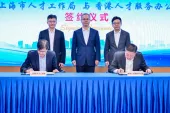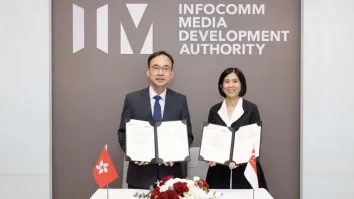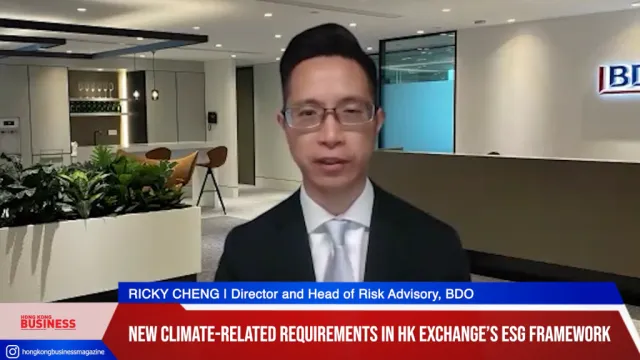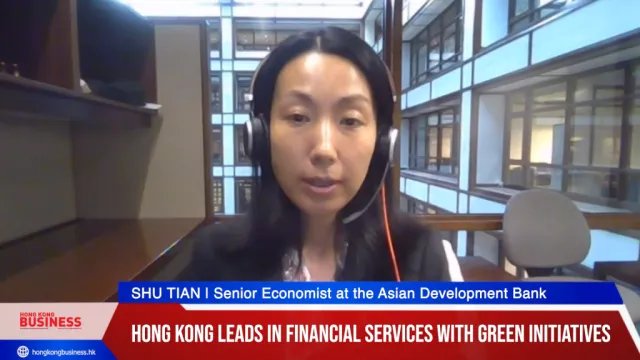
Why are temps expecting 25% higher pay than regular workers?
Their belief in their niche expertise skills drives them to demand more.
Eight in 10 (84%) of contracting professionals in Hong Kong expect a minimum salary premium of 25% above market rate compared to professionals who hold a permanent position, according to a survey by HR consultant Page Personnel.
Also read: Hong Kong is the most open to flexi work in APAC
“Contracting specialists in Hong Kong are able to command this level of salary increment above permanent-hire employees as they typically have niche expertise skills,” explained Angela Chan, associate director of Page Personnel Hong Kong.
This trend is perhaps most evident in fintech and startup firms where businesses are experiencing massive and fast growth trajectories and enjoying significant investor attention through capital investments.
Also read: 9 in 10 CIOs prefer contractual IT employees
Professionals who have been able to build up their core competencies on in-demand sectors like blockchain and international markets are poised to be in hot demand, the survey added.
More than half (55%) of Hong Kongers view contract work positively as they believe it is able to bring them exposure to different industries, work on various projects and systems and strike flexibility and work life balance that conventional work setups couldn't afford.
A separate survey by Hays Asia noted that contractual work is set to gain further momentum in the local job market as the percetange of recruiters embracing flexible working setups rose from 57% to 62% in 2017.
However, the primary concerns hounding HR recruiters in tapping on temp work for their business is still offering them higher than market rate salaries and equal benefits that are offered to permanent staff.
“Employers in Hong Kong are aware that attracting contracting talent is essential to their businesses and have revised their employee strategies for increased engagement. It is very encouraging to see companies increasing salary levels, offering leave and medical benefits as well as including all contracting staff in their corporate activities,” added Chan.



















 Advertise
Advertise






